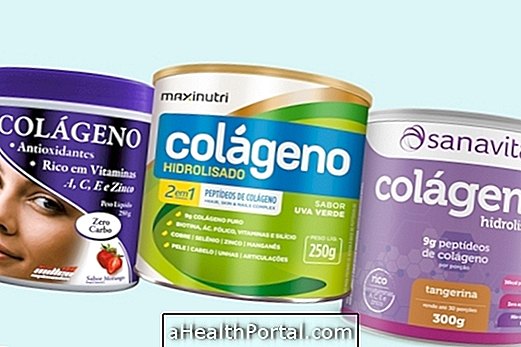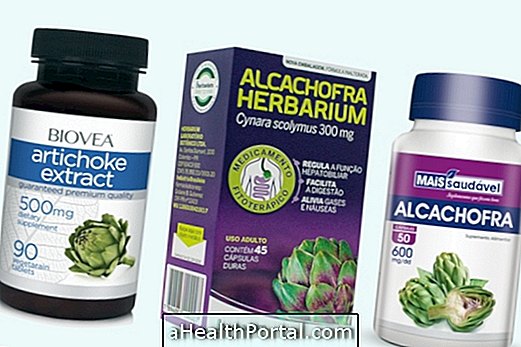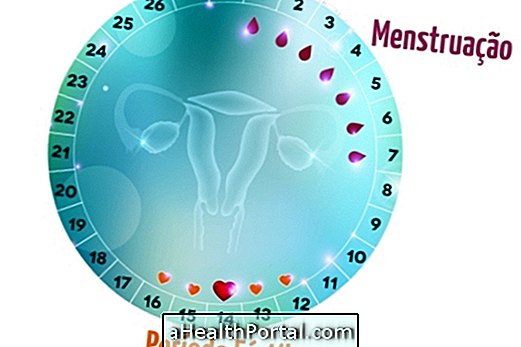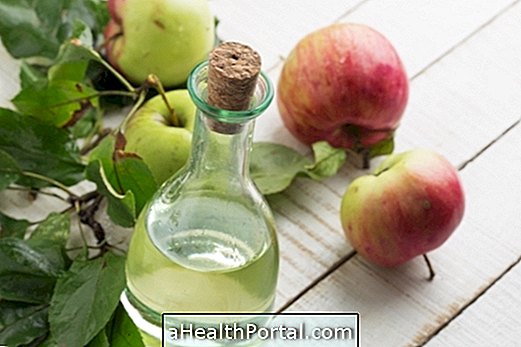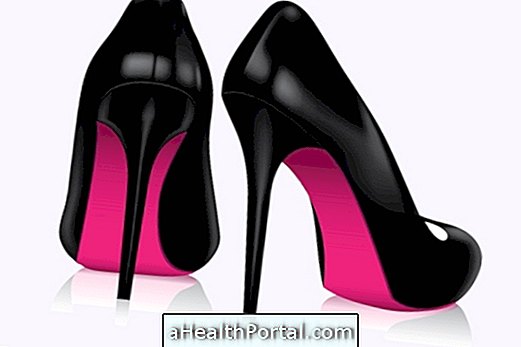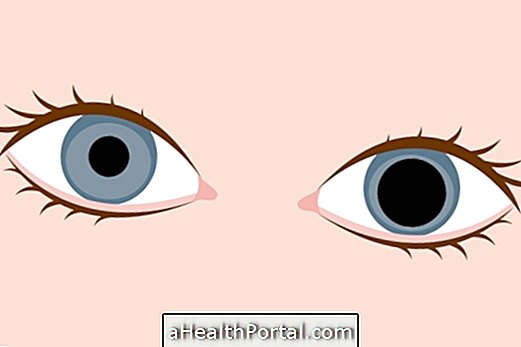Vitamin B6, also called pyridoxine, plays a role in the body's metabolism and energy production, protecting neurons and producing neurotransmitters, which are important substances for the proper functioning of the nervous system.
This vitamin is present in foods like fish, liver, potatoes and fruits, and its lack causes symptoms in the body such as tiredness, depression, confusion and mental swelling in the tongue. See all the signs here.
Thus, properly consuming vitamin B6 is important for health because:
- It participates in the production of energy in the body;
- Helps in the production of neurotransmitters, substances important for the proper functioning of the nervous system;
- Improves immune system;
- Prevents anemia, by stimulating the production of red blood cells, which carry oxygen in the blood;
- Prevents heart disease;
- Prevents morning sickness during pregnancy;
- Helps prevent eye diseases and loss of vision;
- Prevents depression;
- Helps relieve PMS symptoms;
- Helps alleviate symptoms of carpal tunnel syndrome and rheumatoid arthritis by reducing inflammation.
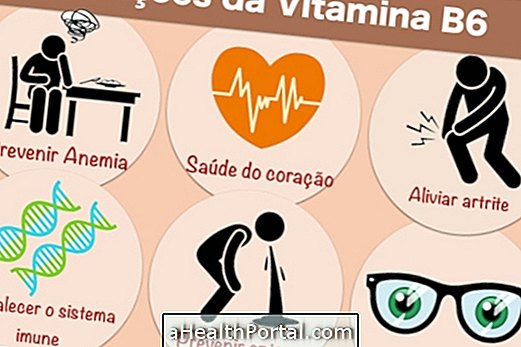
However, it is important to remember that overuse of vitamin B6 supplements can cause nausea, heartburn and skin sores. In addition, the use of supplements may cause changes in the effect of antibiotics, epilepsy drugs and lung diseases, such as asthma, bronchitis and emphysema, and therefore should only be used according to medical advice.
Recommended quantity
The recommended amount of vitamin B6 intake varies according to age and gender, as shown in the following table:
| Age | Amount of Vitamin B6 per day |
| 0 to 6 months | 0.1 mg |
| 7 to 12 months | 0.3 mg |
| 1 to 3 years | 0.5 mg |
| 4 to 8 years | 0.6 mg |
| 9 to 13 years | 1 mg |
| Men from 14 to 50 years old | 1.3 mg |
| Men over 51 years | 1.7 mg |
| Girls from 14 to 18 years old | 1.2 mg |
| Women between the ages of 19 and 50 | 1.3 mg |
| Women over 51 years old | 1.5 mg |
| Pregnant women | 1.9 mg |
| Women who breastfeed | 2.0 mg |
A healthy and varied diet provides adequate amounts of this vitamin to maintain the proper functioning of the body, and its supplementation is only recommended in cases of diagnosis of vitamin deficiency and should be used as directed by the doctor or nutritionist. See the list of foods rich in vitamin B6.


